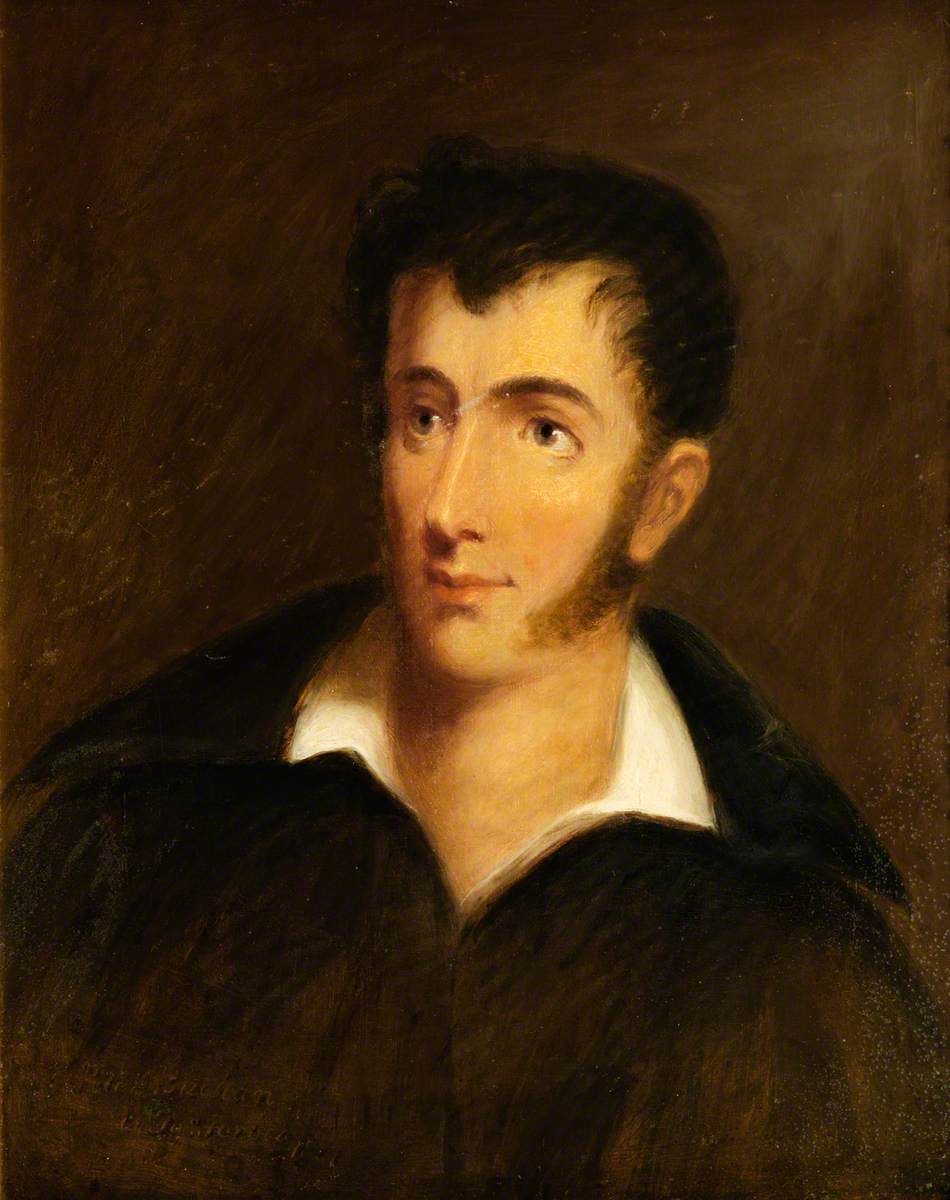Peter Buchan on:
[Wikipedia]
[Google]
[Amazon]
 Peter Buchan (born 4 August 1790 in
Peter Buchan (born 4 August 1790 in
''Scriptural & Philosophical Arguments; or Cogent Proofs From Reason & Revelation that Brutes Have Souls; and That Their Souls are Immortal''
(1824) *''Gleanings of Scarce Old Ballads'' (1825)
''Ancient Ballads and Songs of the North of Scotland''
(1828)
 Peter Buchan (born 4 August 1790 in
Peter Buchan (born 4 August 1790 in Peterhead
Peterhead (; gd, Ceann Phàdraig, sco, Peterheid ) is a town in Aberdeenshire, Scotland. It is Aberdeenshire's biggest settlement (the city of Aberdeen itself not being a part of the district), with a population of 18,537 at the 2011 Census. ...
, Aberdeenshire
Aberdeenshire ( sco, Aiberdeenshire; gd, Siorrachd Obar Dheathain) is one of the 32 council areas of Scotland.
It takes its name from the County of Aberdeen which has substantially different boundaries. The Aberdeenshire Council area includ ...
– 19 September 1854) was a Scottish
Scottish usually refers to something of, from, or related to Scotland, including:
*Scottish Gaelic, a Celtic Goidelic language of the Indo-European language family native to Scotland
*Scottish English
*Scottish national identity, the Scottish ide ...
editor, publisher, and collector of ballads and folktales.
Biography
Buchan apprenticed with a , and in 1814 produced his first book, a collection of verse which failed to be taken notice of. As his hometown lacked any printer shops, and in 1816, Buchan went toStirling
Stirling (; sco, Stirlin; gd, Sruighlea ) is a City status in the United Kingdom, city in Central Belt, central Scotland, northeast of Glasgow and north-west of Edinburgh. The market town#Scotland, market town, surrounded by rich farmland, ...
to learn the printing process, becoming proficient enough to produce samples within a matter of ten days.
He established business as a printer in Peterhead in March 1816, with the support of the Earl of Buchan
The Mormaer () or Earl of Buchan () was originally the provincial ruler of the medieval province of Buchan. Buchan was the first Mormaerdom in the High Medieval Kingdom of the Scots to pass into the hands of a non-Scottish family in the male l ...
who recommended a friend to fund the purchase of the press.
In the early years of business, he printed a series of chapbooks. He also invented his own printing press named the "Auchmedden", a pedal-operated devise that accepted stone, copper, as well as type surfaces for printing. His ''The Annals of Peterhead'' (1819) had copper-plate illustrations which he himself engraved. ''Scarce Ancient Ballads'' (1819), ''Gleanings of Scarce Old Ballads'' (1825) were early publications that foreshadowed what would be his lifelong interest.
After this he held a position in London from which drew a £150 annual income, but having compromised his health, he retired to Peterhead and devoted himself to the collection of Scottish ballads
A ballad is a form of verse, often a narrative set to music. Ballads derive from the medieval French ''chanson balladée'' or '' ballade'', which were originally "dance songs". Ballads were particularly characteristic of the popular poetry and ...
from oral sources, and their publication. His ''Ancient Ballads and Songs of the North of Scotland'' (1828) contained a large number of hitherto unpublished ballads, and newly discovered versions of existing ones.
Works
Another collection made by him was published by the Percy Society, under the title ''Scottish Traditional Versions of Ancient Ballads'' (1845). Two unpublished volumes of Buchan's ballad collections are in theBritish Museum
The British Museum is a public museum dedicated to human history, art and culture located in the Bloomsbury area of London. Its permanent collection of eight million works is among the largest and most comprehensive in existence. It documen ...
.
Buchan also compiled a collection of folktales, and his manuscripts were known to John Francis Campbell
John Francis Campbell (Scottish Gaelic: Iain Frangan Caimbeul; Islay, 29 December 1821 – Cannes, 17 February 1885), also known as Young John of Islay (Scottish Gaelic: Iain Òg Ìle) was a Scottish author and scholar who specialised i ...
who discussed them in his ''Popular Tales of the West Highlands''. Buchan's folktales were later published as ''Ancient Scottish Tales'' (1908)
Animal rights
Buchan was an earlyanimal rights
Animal rights is the philosophy according to which many or all sentient animals have moral worth that is independent of their utility for humans, and that their most basic interests—such as avoiding suffering—should be afforded the sam ...
writer. In 1824, he authored a book that argued that animals have souls and are immortal. Buchan argued that God must recompense the "undeserved pain" of animals by appointing them a " future state".Perkins, David. (2003). ''Romanticism and Animal Rights''. Cambridge University Press. p. 28.
Selected publications
*''The Annals of Peterhead'' (1819) *''Scarce Ancient Ballads'' (1819)''Scriptural & Philosophical Arguments; or Cogent Proofs From Reason & Revelation that Brutes Have Souls; and That Their Souls are Immortal''
(1824) *''Gleanings of Scarce Old Ballads'' (1825)
''Ancient Ballads and Songs of the North of Scotland''
(1828)
Footnotes
References
;Works * * (Reprint) ;Studies * {{DEFAULTSORT:Buchan, Peter 1790 births 1854 deaths 19th-century Scottish people Animal rights scholars Burials at West Norwood Cemetery People from Peterhead Scottish editors Scottish printers Scottish folk-song collectors Scottish song collectors 19th-century Scottish businesspeople 19th-century musicologists